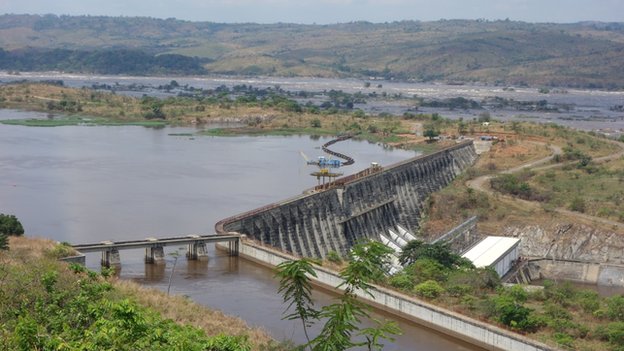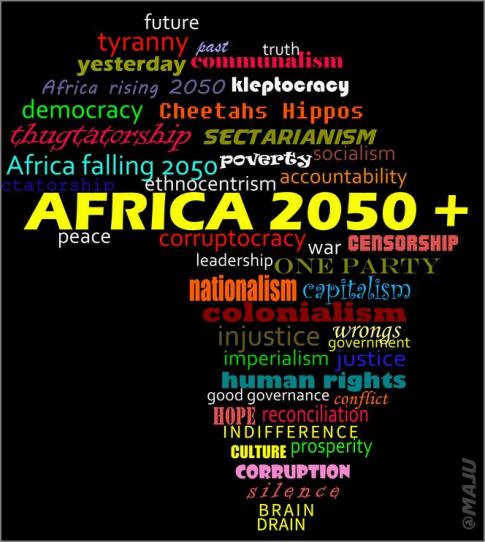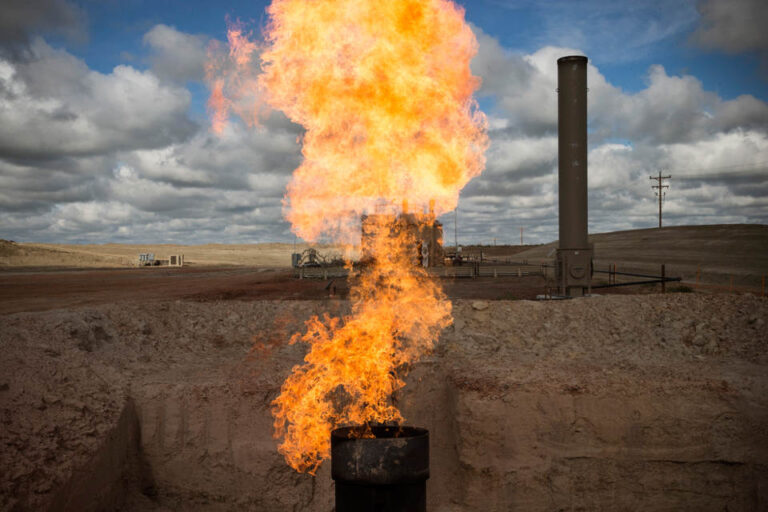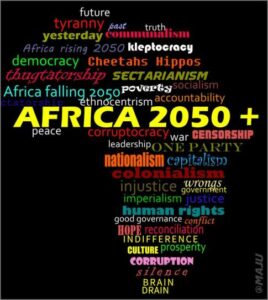- Positive prospects for the diamond sector could lead to somewhat higher rates of GDP growth in 2017-19. Fiscal projections envisage moderate deficits this year and the next, with surpluses thereafter.
- Tax revenue reforms need to be accelerated to protect public finances against any adverse developments and maintain the country’s track record of sound fiscal management.
- The inflation rate remained low, close to the lower band of the Bank of Botswana’s inflation objective range of 3–6 percent.
A team from the International Monetary Fund (IMF) led by Enrique Gelbard visited Gaborone from May 1-16 for discussions on the 2017 Article IV Consultation with Botswana. The discussions covered recent developments and prospects and focused on policies to support continued economic stability and promote inclusive growth. At the end of the visit, Mr. Gelbard issued the following statement:
“Following a downturn in 2015, Botswana’s pace of economic activity recovered in 2016, supported by improvements in diamond sales, fiscal stimulus, and an accommodative monetary policy. The rate of inflation remained low, close to the lower band of the Bank of Botswana’s inflation objective range of 3–6 percent, and the trade weighted exchange rate has been broadly stable. Botswana’s exchange rate regime of a managed rate of crawl against a basket of currencies continues to serve the country well and, at the moment, no changes are deemed necessary.
“In the past year, government spending rose in line with the government’s Economic Stimulus Program, but the fiscal deficit fell to about 1 percent of GDP owing to higher revenues from diamonds. The financial sector has remained well capitalized, profitable, and stable, despite a small increase in non-performing loans associated with the liquidation of the state-owned BCL copper and nickel mine.
“Looking ahead, positive prospects for the diamond sector could lead to somewhat higher rates of GDP growth in 2017-19. Fiscal projections envisage moderate deficits this year and the next, with surpluses thereafter. The fiscal profile is predicated on the authorities’ intention to increase tax revenues and slowdown the pace of spending on wages and salaries and on transfers to state-owned enterprises. In this connection, tax revenue reforms need to be accelerated to protect public finances against any adverse developments and maintain the country’s track record of sound fiscal management.
“As the economy finishes its cyclical recovery, and considering the challenges to foster private sector growth and employment creation, the authorities plan to tilt the composition of public spending to favor investment in physical and human capital, a move to be accompanied with steps to improve the quality and effectiveness of such spending. Furthermore, a focus on activities with economy-wide benefits (e.g. cost-effective investment projects, internet connectivity) will be critical in the period ahead. To complement these efforts, the authorities need to proceed with the privatization process and reforms to improve the efficiency and financial viability of government enterprises, reduce bureaucratic procedures for private businesses, and improve education outcomes and the skills of the labor force.
“As envisaged in the latest National Development Plan, the authorities plan to promote economic diversification into selected sectors. In this regard, it would be preferable to focus on a few sectors with growth and employment potential (e.g. tourism in the north of the country) by designing and implementing development strategies with concrete goals, time-bound steps, and monitorable outcomes.
“Delivering on the above policies and reforms will ensure economic stability and pave the way for private sector-led growth and employment creation in Botswana.
“The IMF staff team met with the Minister of Finance and Economic Development, Honorable O. Kenneth Matambo, the Governor of the Bank of Botswana, Moses Pelaelo, the Permanent Secretary of the Ministry of Finance and Economic Development, Solomon Sekwakwa, other senior government officials, and representatives of the private sector and development partners.
“The IMF team thanks the authorities for their hospitality and constructive discussions.”
Distributed by APO on behalf of International Monetary Fund (IMF).End-of-Mission press releases include statements of IMF staff teams that convey preliminary findings after a visit to a country. The views expressed in this statement are those of the IMF staff and do not necessarily represent the views of the IMF’s Executive Board. Based on the findings of this mission, staff will prepare a report that, subject to management approval, will be presented to the IMF's Executive Board for discussion and decision.

























